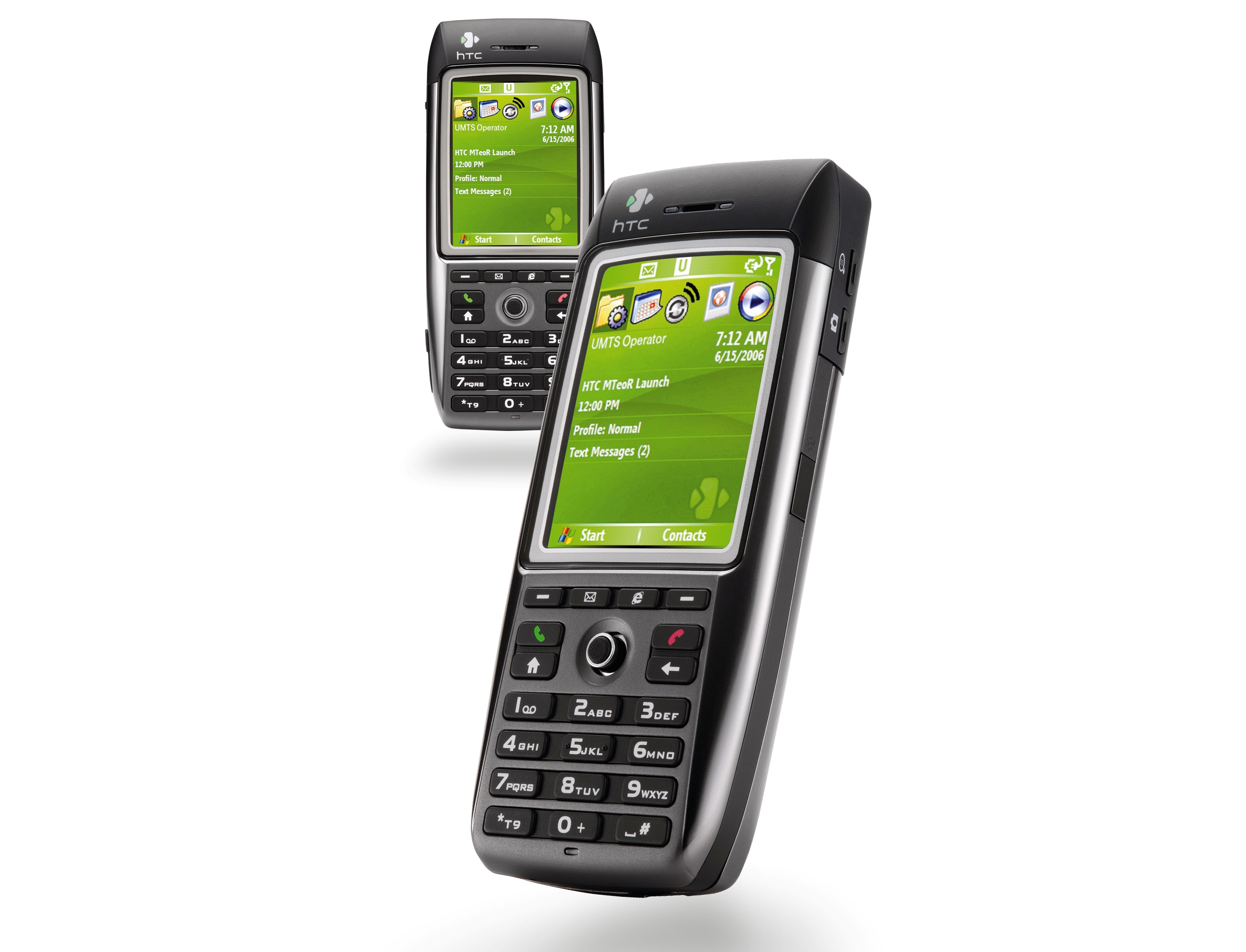Phones will become PCs, says Microsoft

Microsoft wants mobile phones to become PCs in the future, and predicts that office phones will become digital. The company wants you to be able to plug your handset into your TV to view the contents on a bigger screen, and use your home TV as a 'cheap PC'.
Another idea is that you would be able to watch video stored on your handset on your TV. Microsoft is encouraging phone manufacturers to develop more mobile PCs through a research initiative called Fone.
New phones
Today at WinHEC Microsoft launched a number of products that will be compatible with its Office Communications Server 2007 and the Office Communicator . These include IP phones, USB phones, wired and wireless headsets, speaker phones, and monitors with built-in cameras and microphones.
Bill Gates described the office phone as the next thing to go digital. "What's left that's not on the internet? Well, the phone network still has [a] traditional PBX [exchange]. That's in the process of moving. We don't see the desk phone existing as a separate device in the future.
"Between what's going on with mobile phones and PC peripherals, and the richness of telephony being on the internet and connecting up not just voice but also screen sharing and video, the phone is going to be the PC and the PC is going to be the phone. It's actually a lot easier when you've got a screen to navigate through, can pick people to add to the conference call and see who called you in the past," Gates said.
Microsoft said future phones would have a keypad and touch screen that shows the Office Communicator interface. You'll be able to see who is available and who's in a meeting. And there'll be soft buttons for forwarding and conferencing calls as well as a scroll wheel for navigating your contacts. So you'll be able to see if someone is at their desk before you forward a call to them.
Users log in with a PIN or using the fingerprint sensor, so that no sensitive information is displayed when you don't want it to be.
Sign up for breaking news, reviews, opinion, top tech deals, and more.